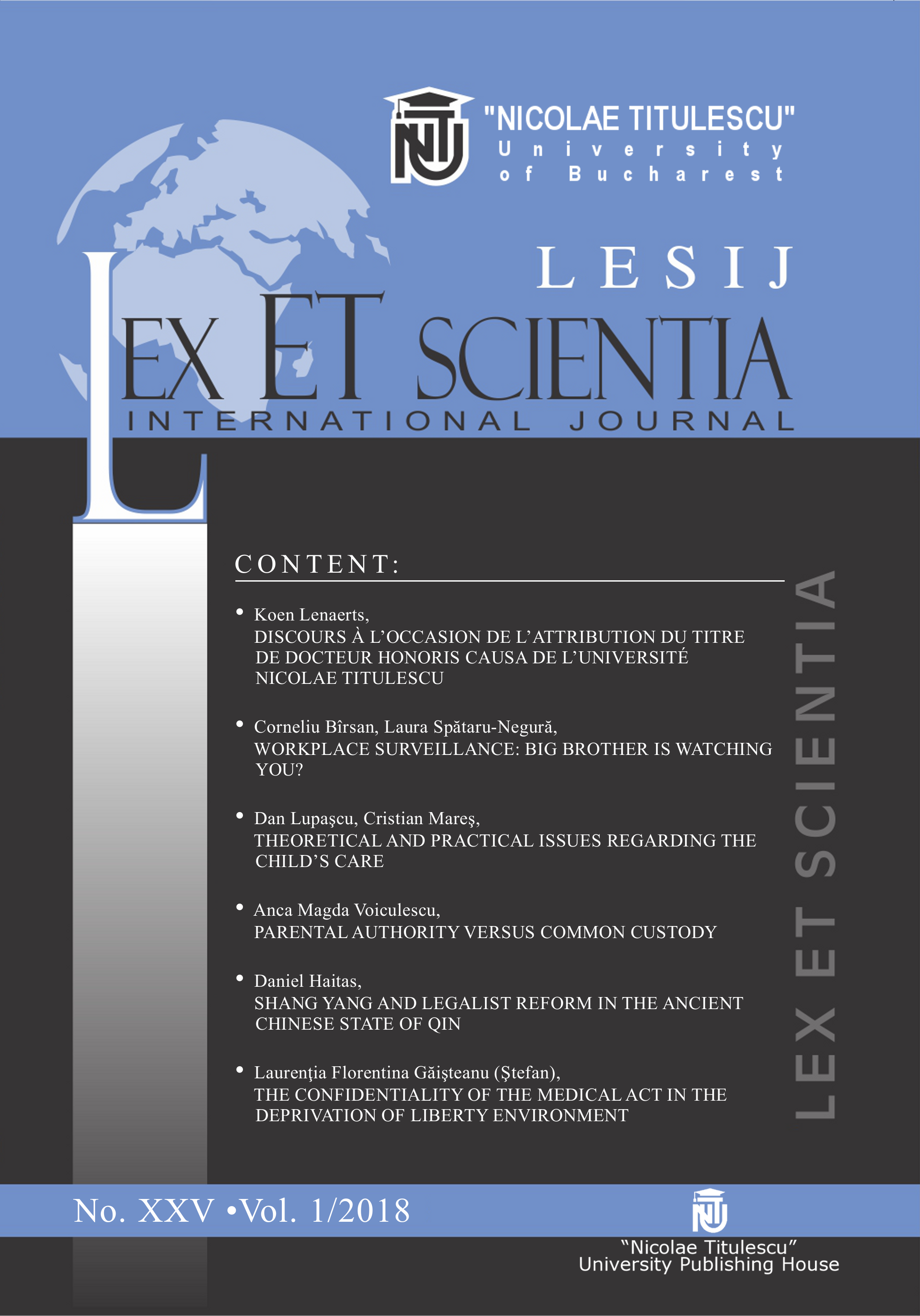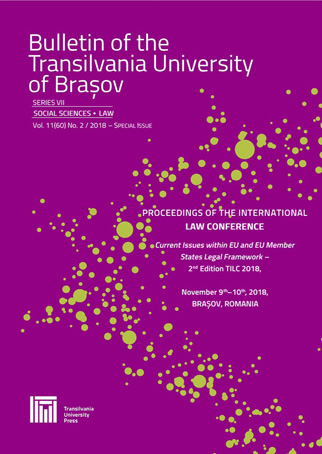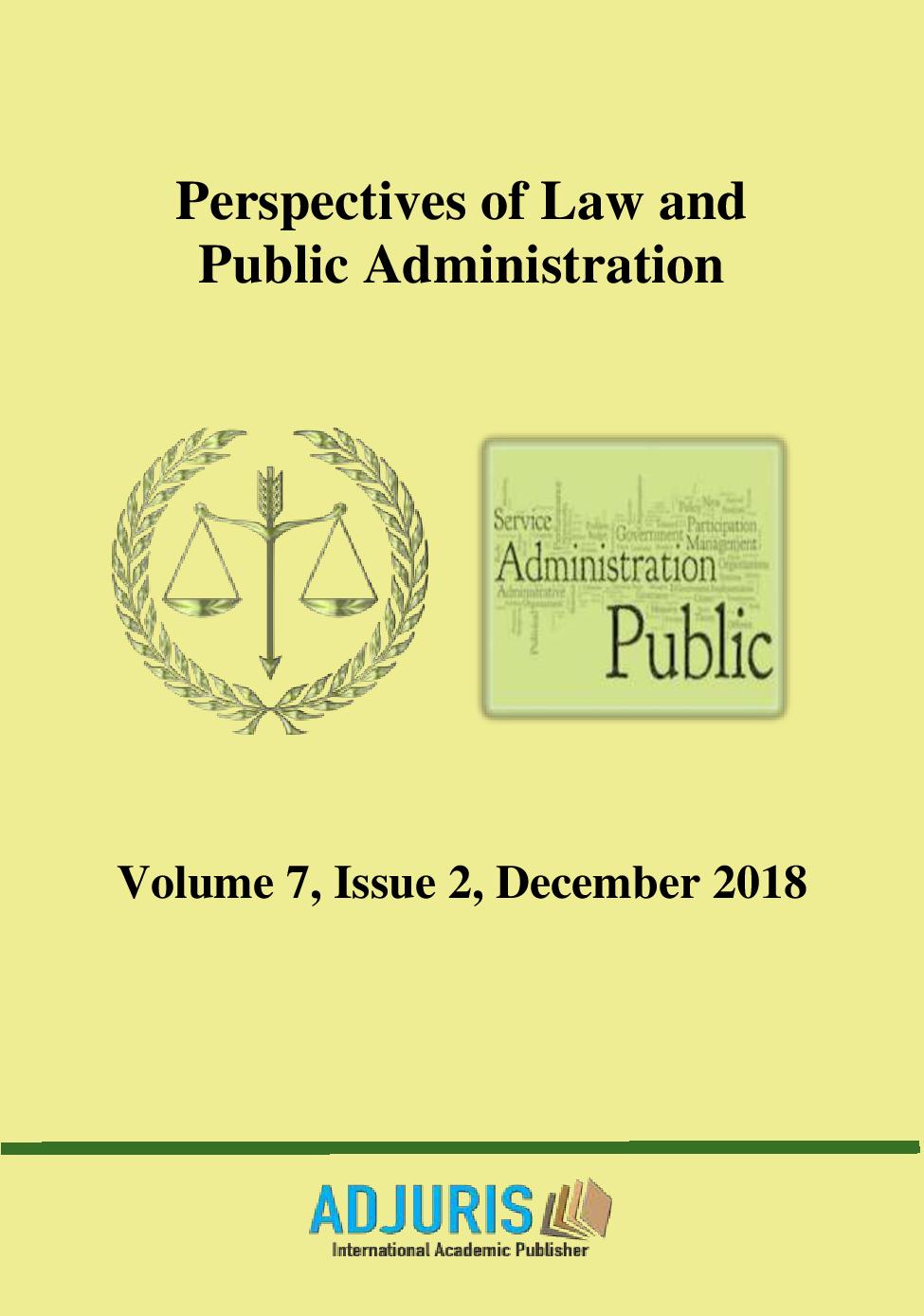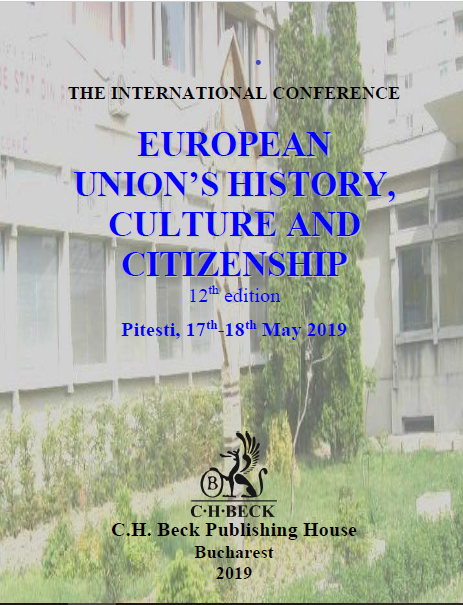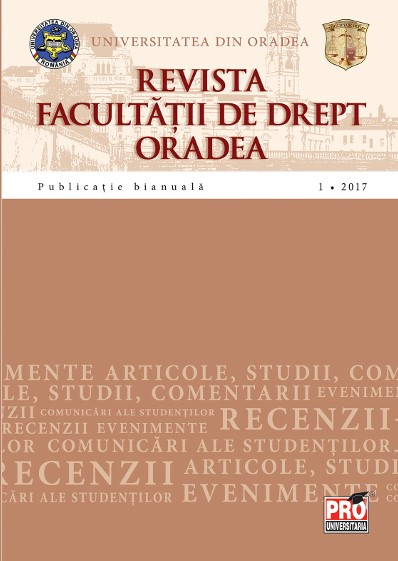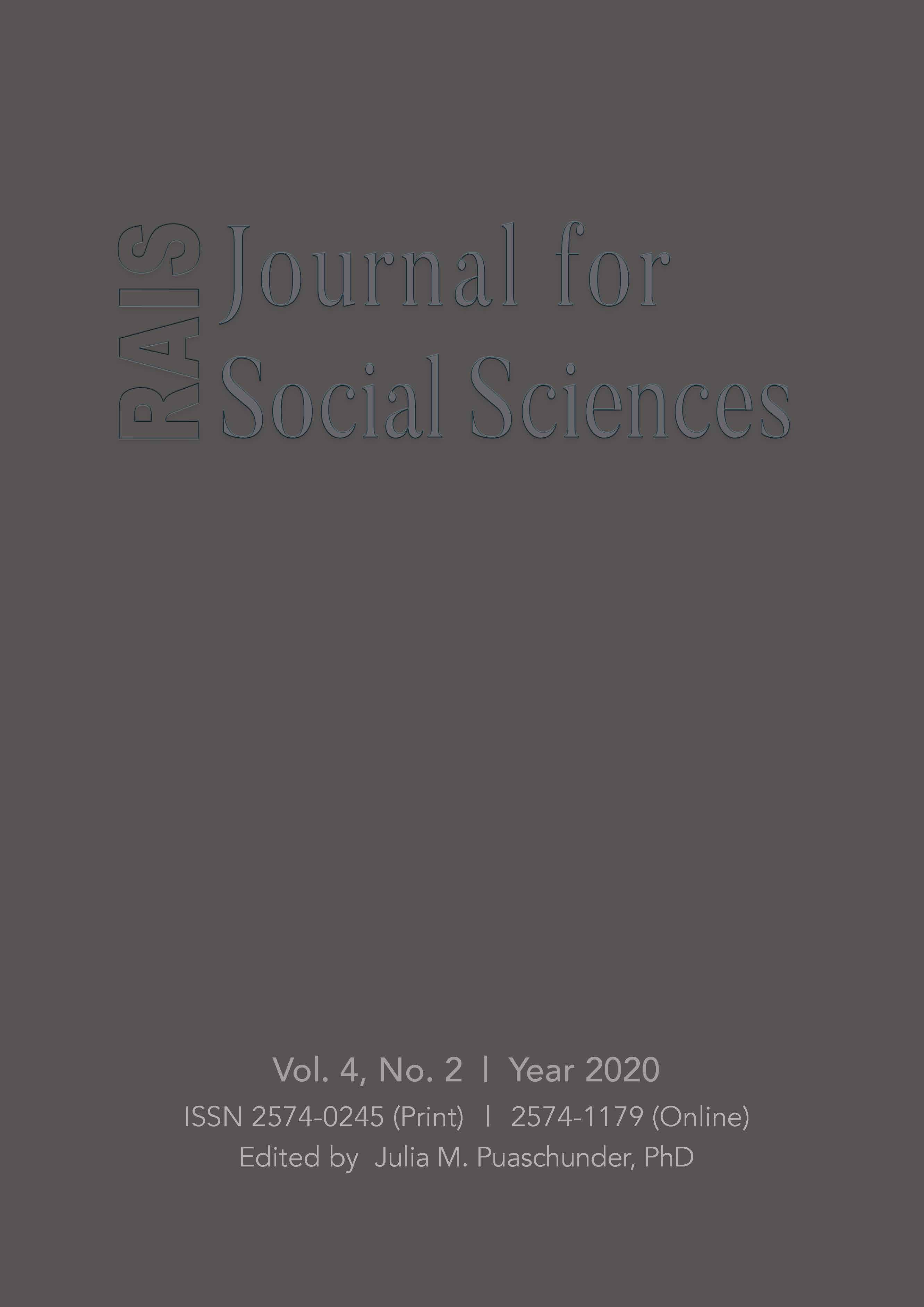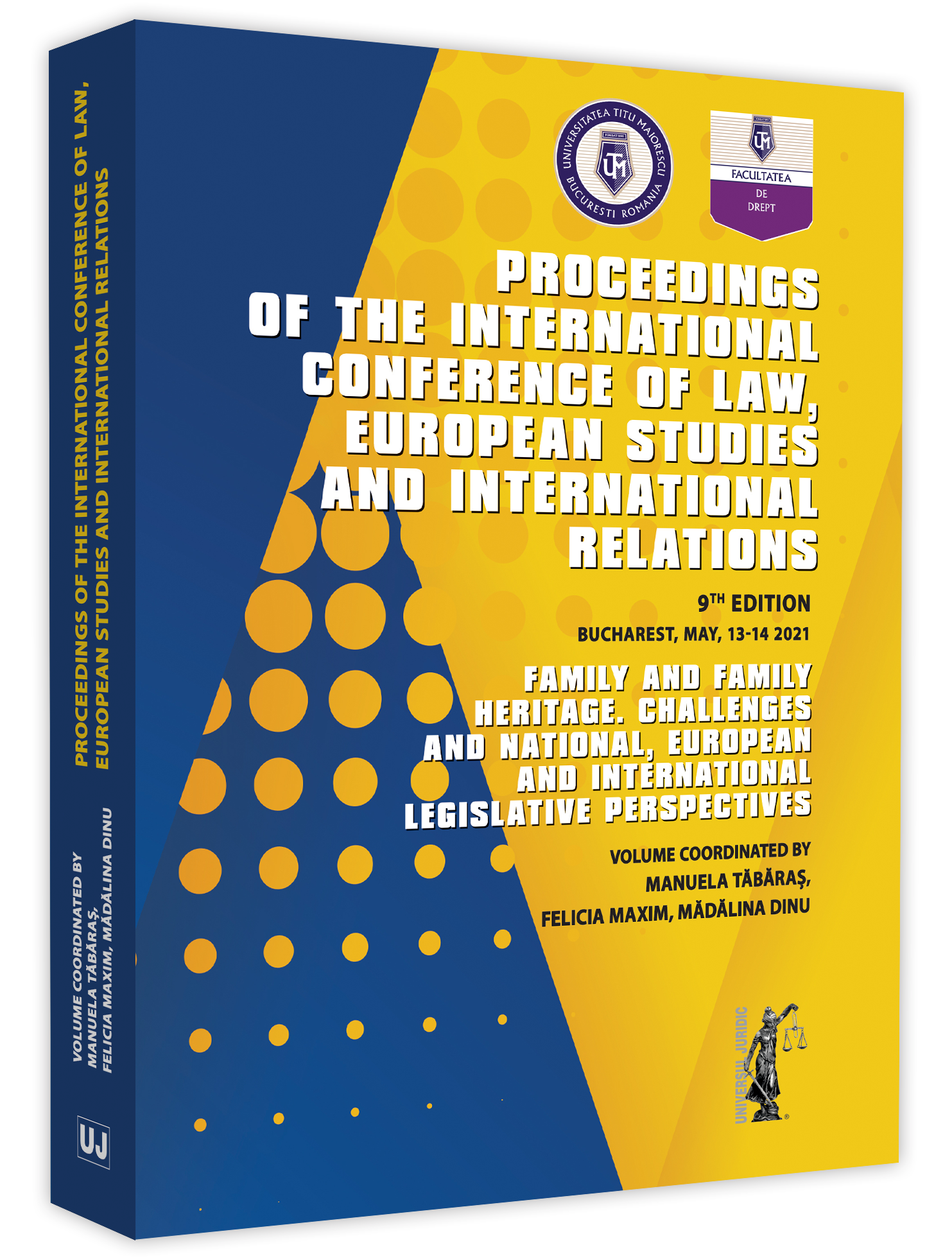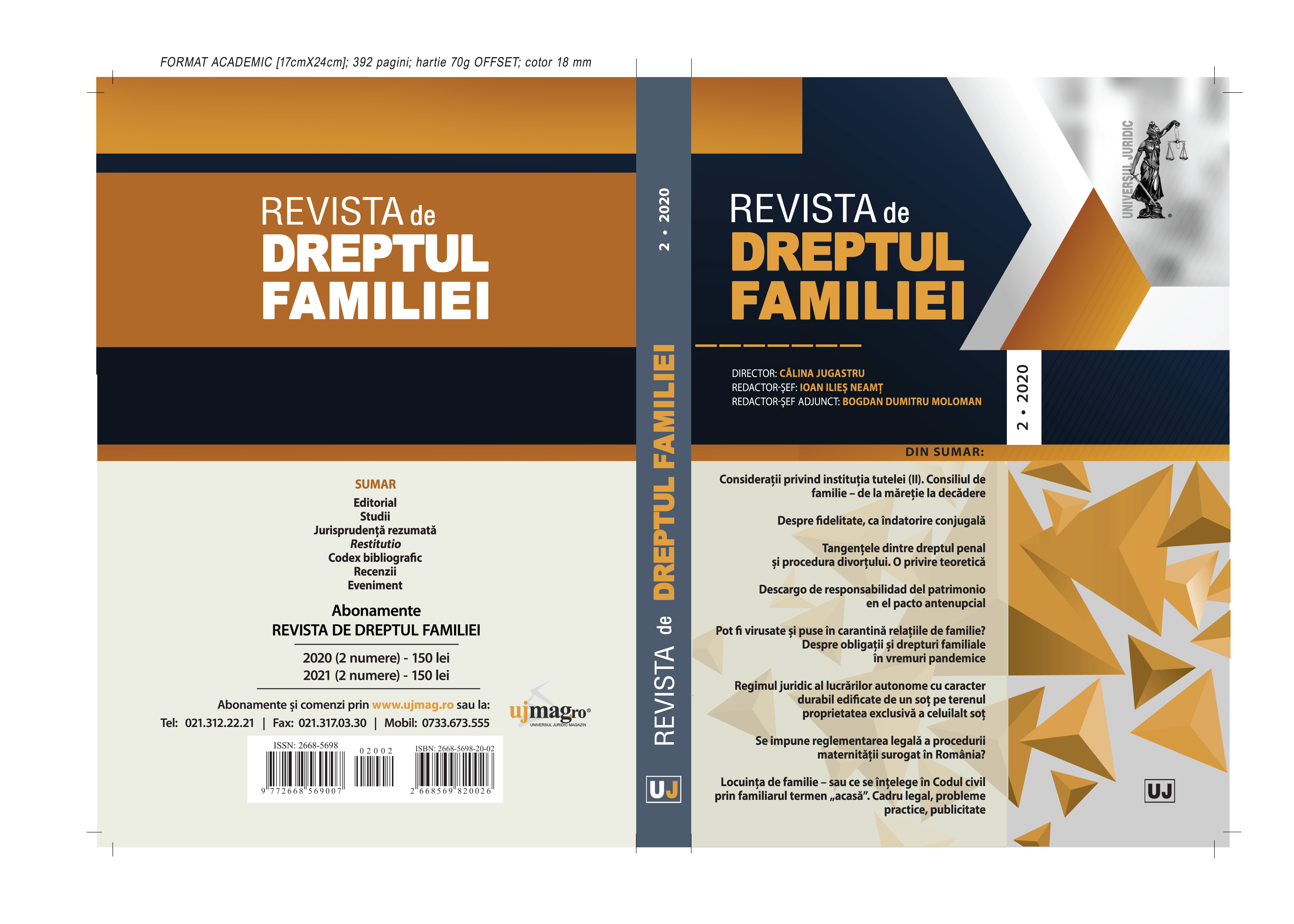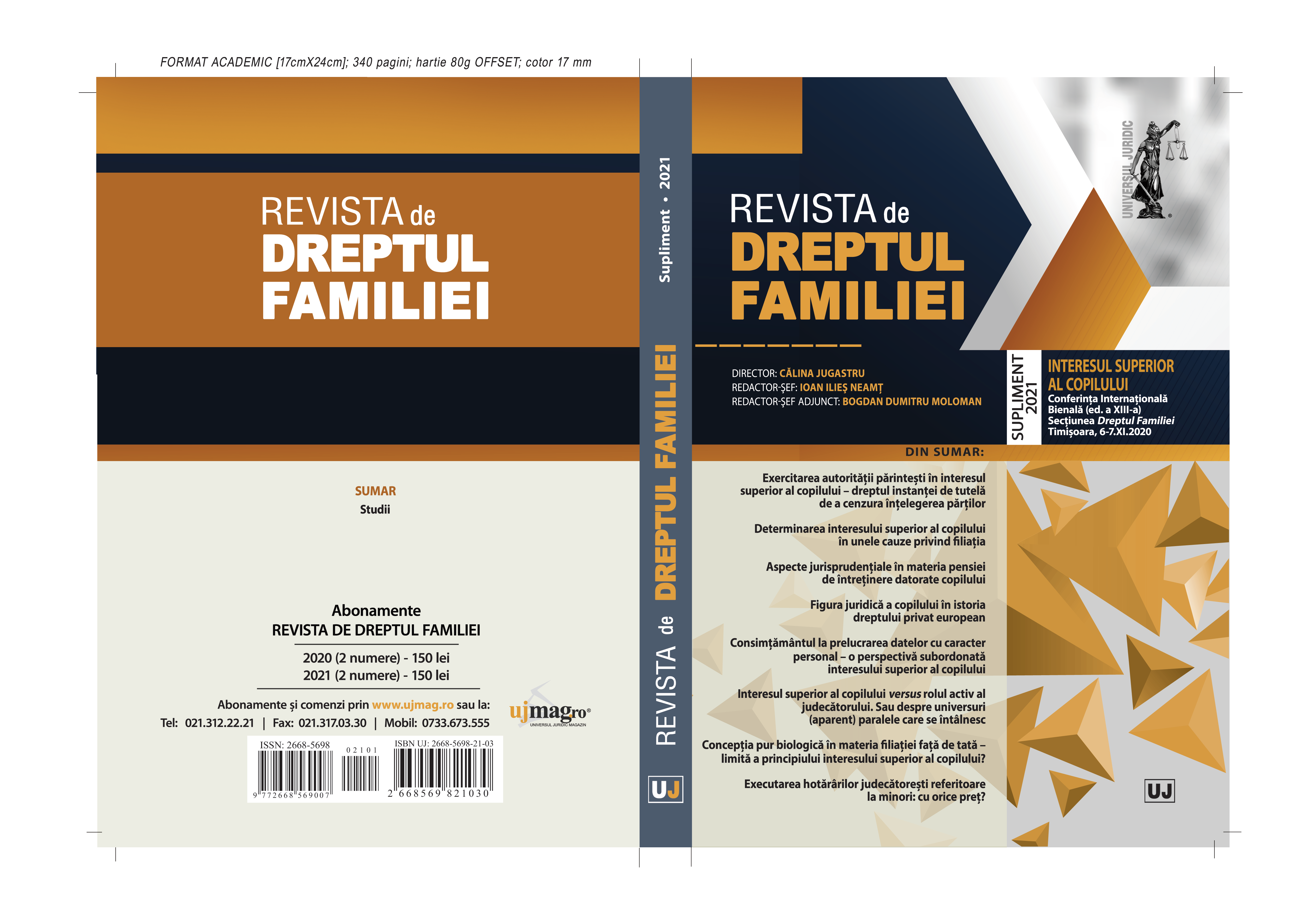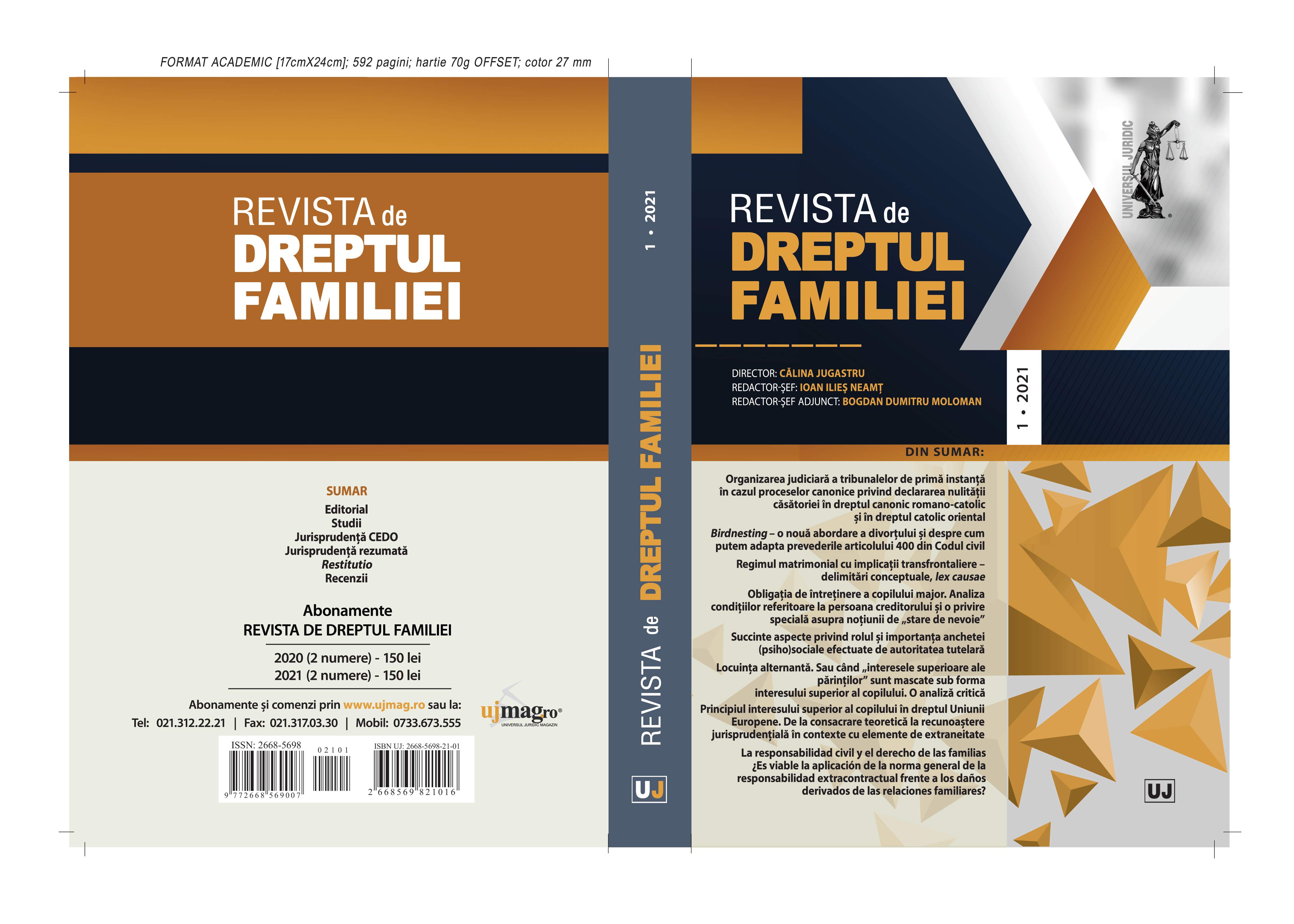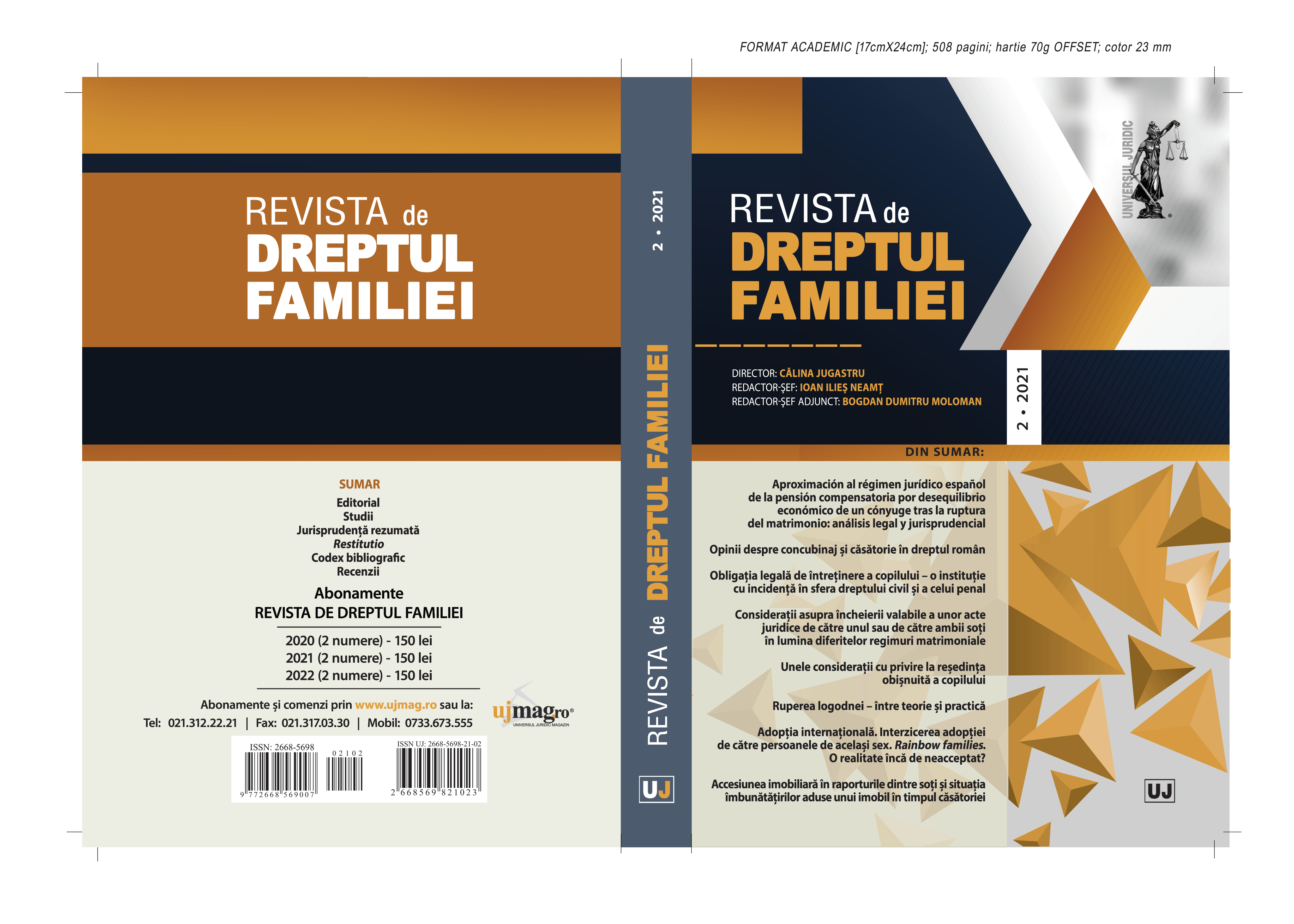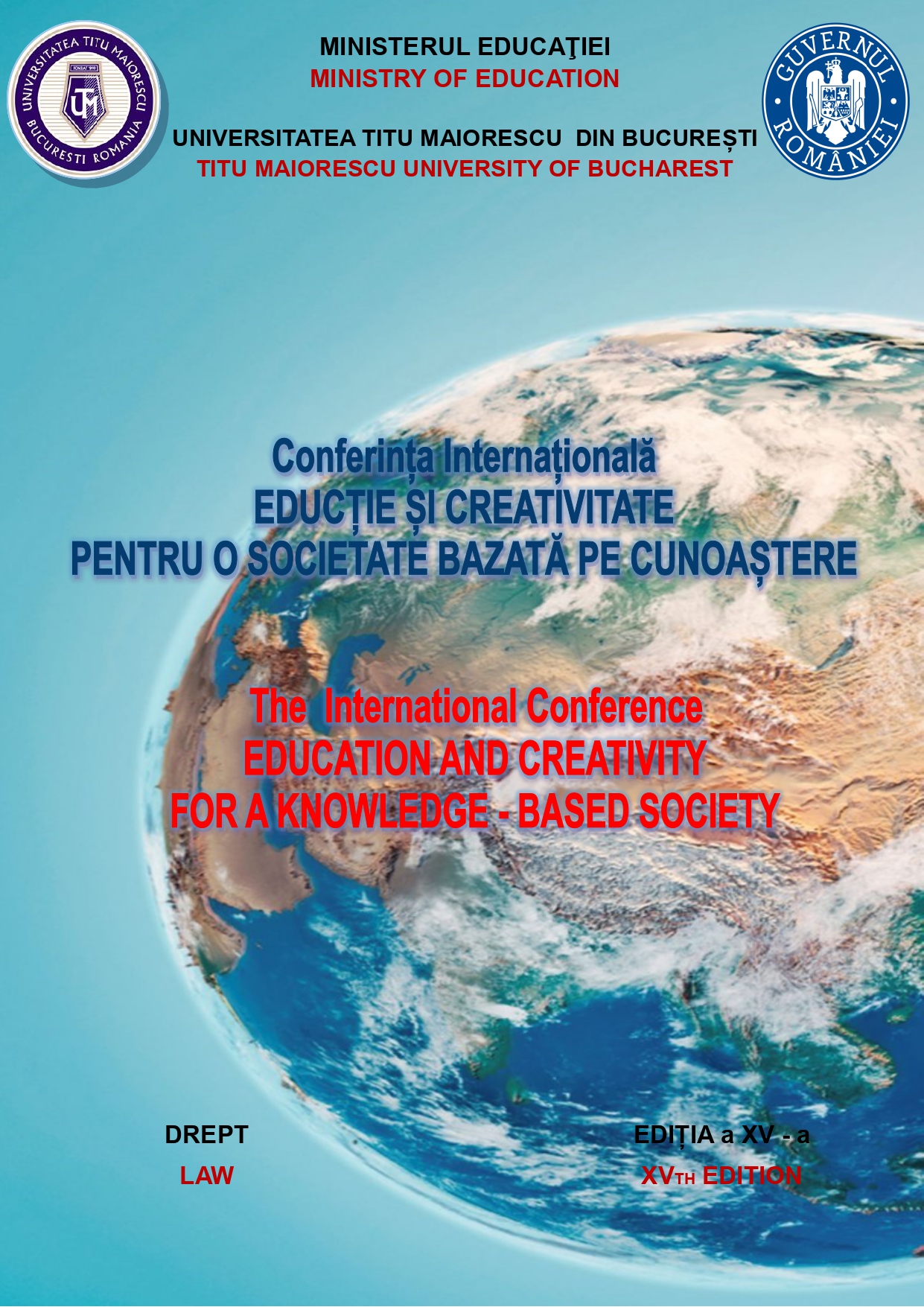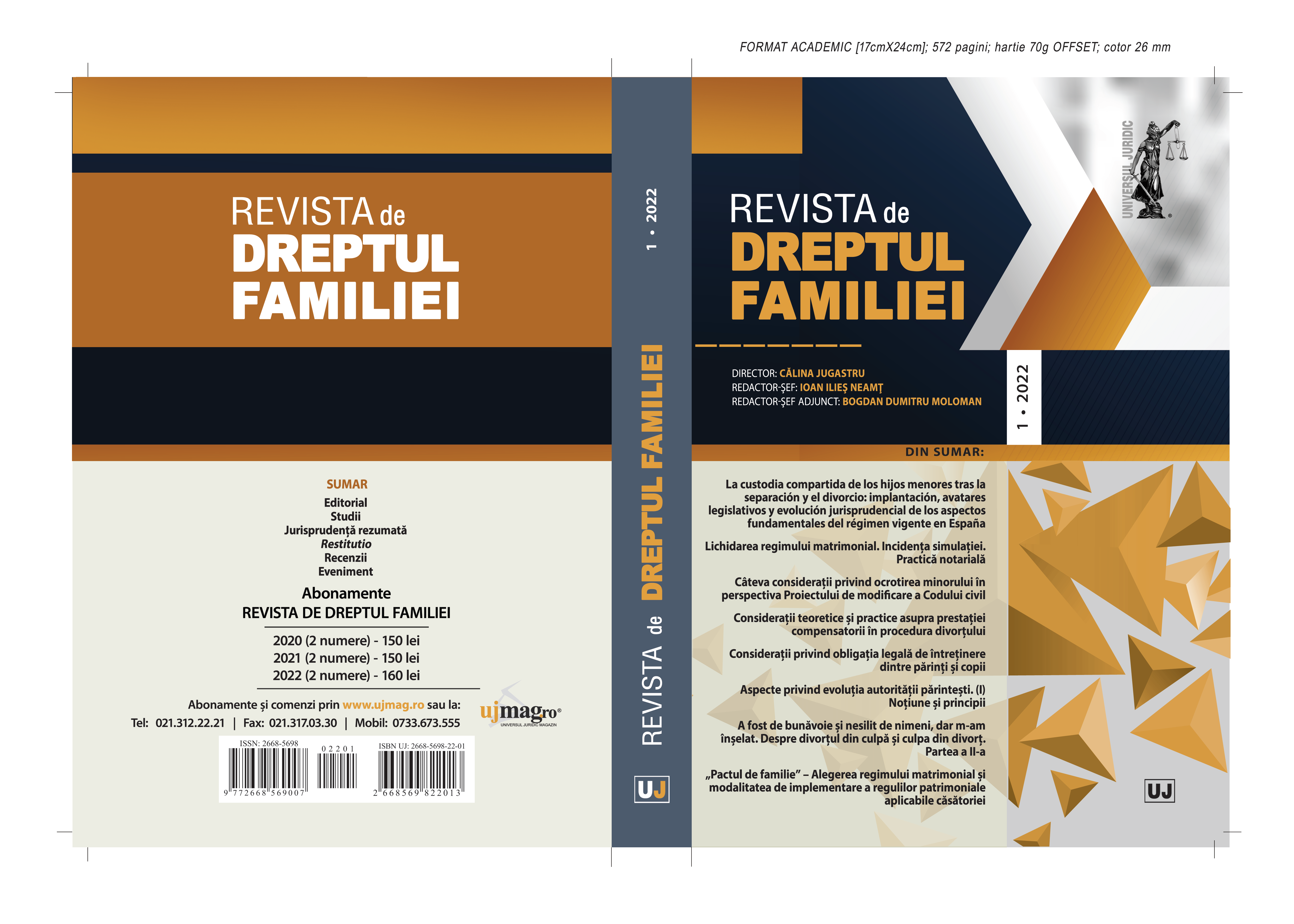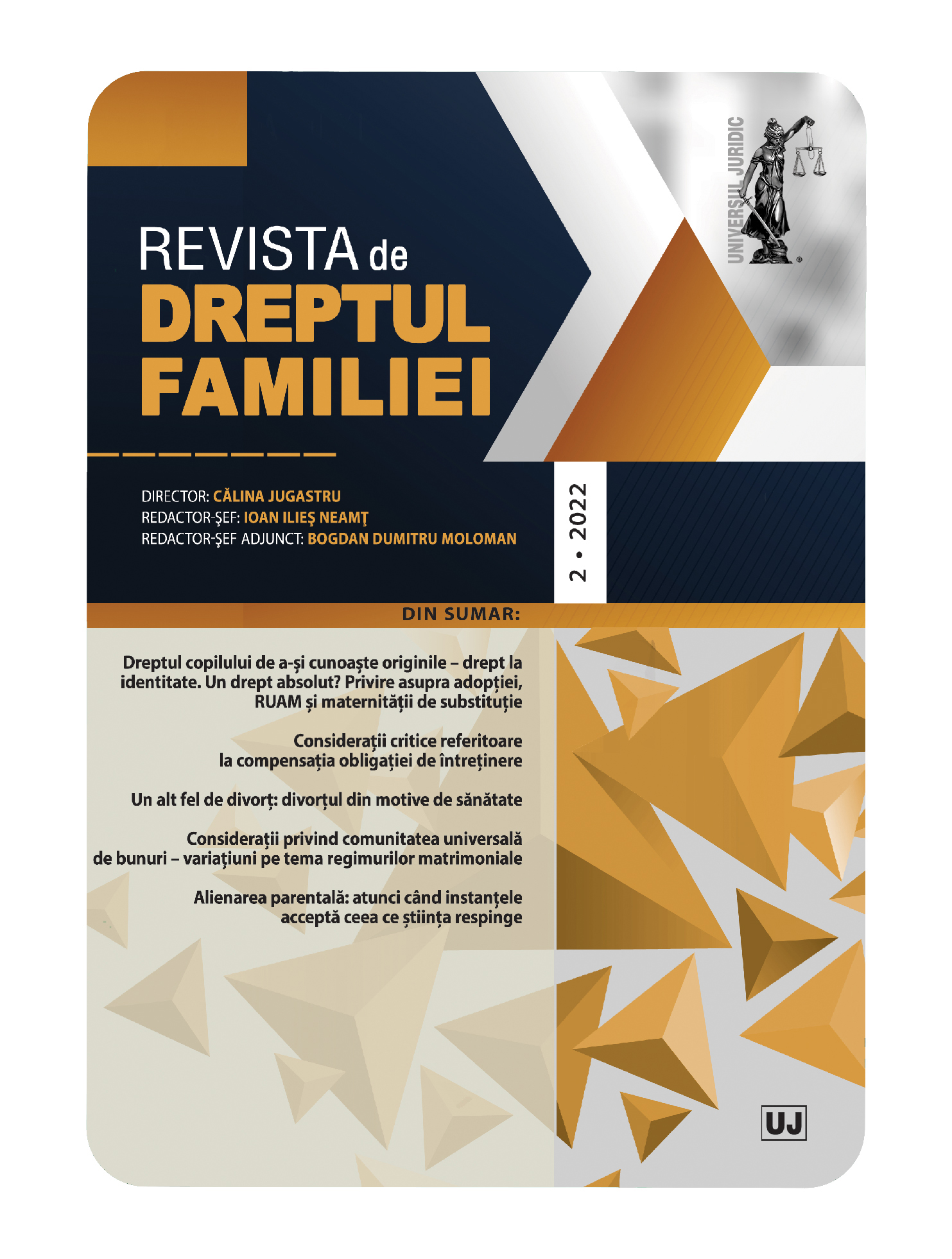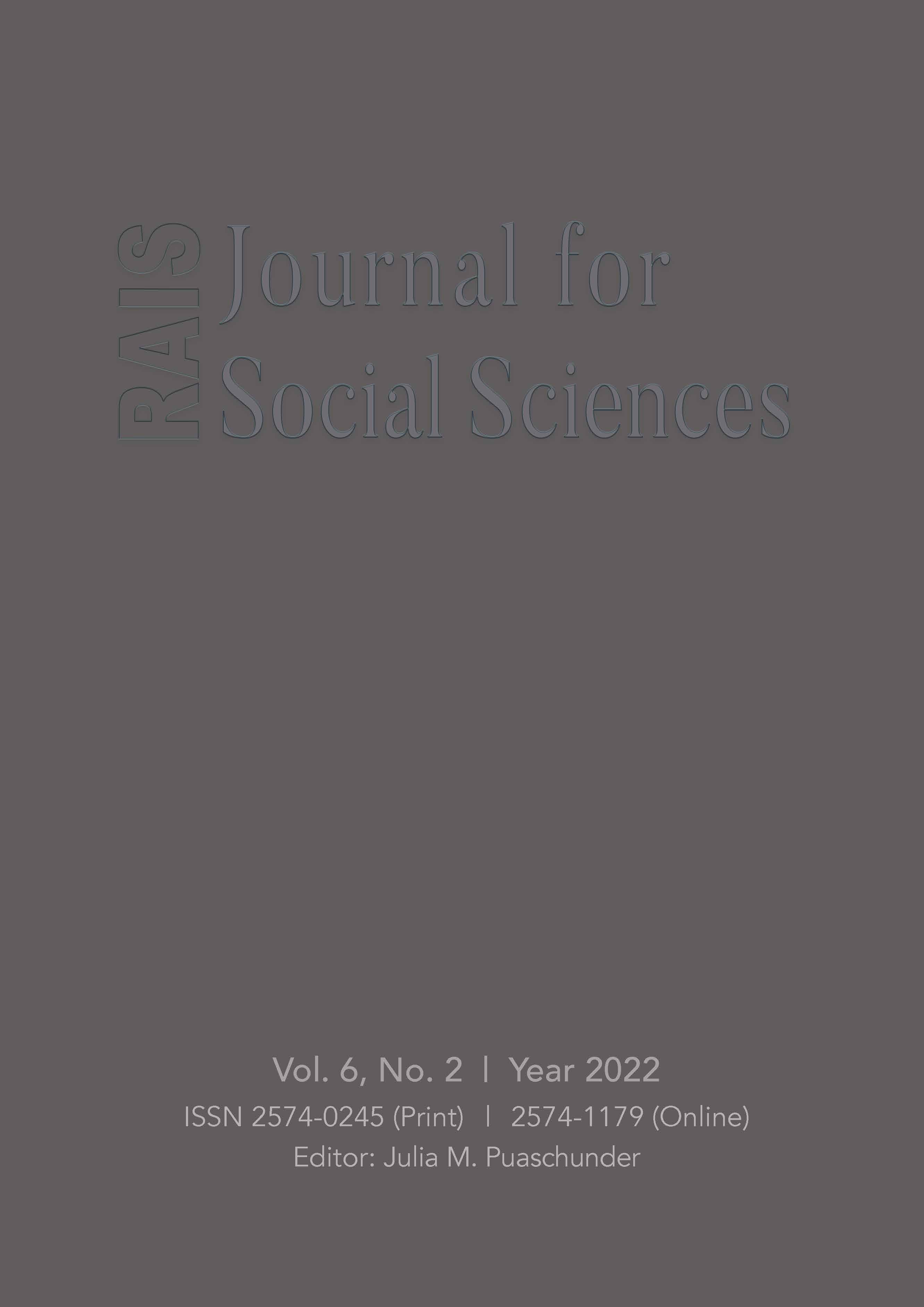Exercitarea autorităţii părinteşti în mod exclusiv. Condiţii (I). Dreptul de a avea legături personale cu copilul (II)
Author(s): Bogdan Dumitru Moloman / Language(s): Romanian
/ Issue: 1/2022
Keywords: parental authority; personal relations with the child; Conditions; rights;
(I) Simplele relaţii tensionate dintre părţi, dintre familiile acestora, nu justifică derogarea de la exerciţiul comun al autorităţii părinteşti, cât timp nu s-a probat că ele împiedică luarea de comun acord a deciziilor esenţiale (şi nu a celor minore, zilnice) în privinţa minorei. Autoritatea părintească exercitată de un singur părinte impune dovada că celălalt refuză, este dezinteresat în exerciţiul autorităţii părinteşti, se află în situaţii obiective care fac imposibilă sau extrem de dificilă exercitarea atribuţiilor părinteşti. Pentru a se dispune exercitarea autorităţii părinteşti de către un singur părinte, judecătorul trebuie să constate că problemele dintre părinţi sunt atât de grave, imposibil sau dificil de rezolvat în viitorul apropiat, încât există riscul ca minora să sufere ca urmare a acordării autorităţii părinteşti comune. (II) Dreptul de a avea legături personale cu copilul trebuie să fie exercitat în aşa fel încât să nu aibă o influenţă negativă asupra dezvoltării copilului, trebuind să fie respectate condiţiile normale în privinţa întreţinerii acestor legături, cu aplicarea principiului respectării şi promo- vării cu prioritate a interesului superior al minorului. Nu există o reţetă juridică în privinţa modalităţii concrete de stabilire a programului de vizită, ci doar repere care pot fi avute în vedere de instanţă, de la caz la caz, în funcţie de particularităţile şi specificitatea fiecărei cauze [Trib. Bistriţa-Năsăud, s. I civ., dec. civ. nr. 323/A/2021, disponibilă (Online) la adresa www.rolii.ro, trimisă, în rezumat, de BOGDAN DUMITRU MOLOMAN
More...

